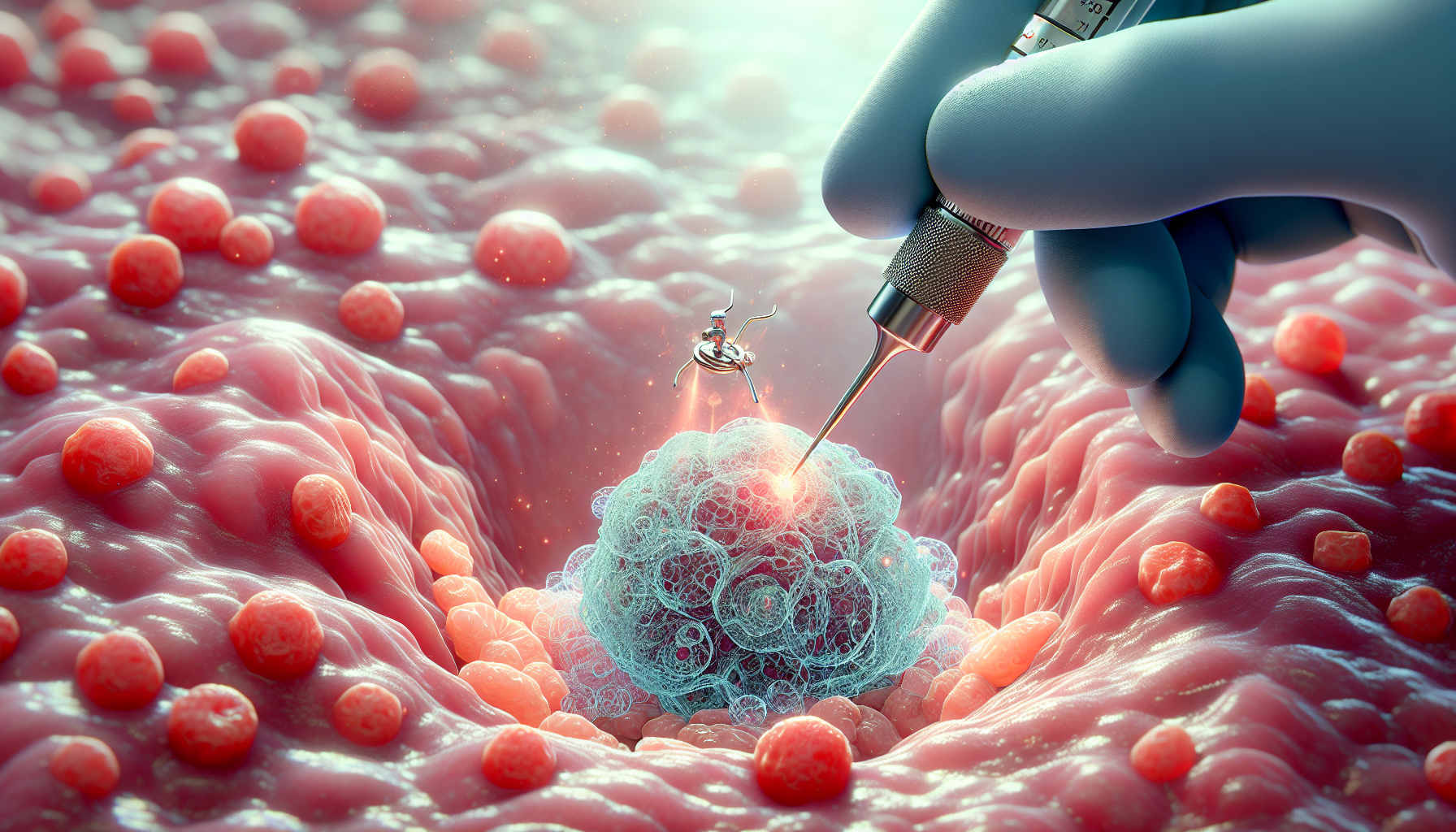Innovative Telemedicine Approaches for Managing Nail Psoriasis with Behavioral Complications
Key Takeaways
- The Galeazzi-(G) N-NAIL index was developed to more accurately assess the severity of nail psoriasis, especially in cases with behavioral complications like onychophagia and onychotillomania.
- Telemedicine strategies, including digital assessments and direct consultations, have been effective in monitoring and managing nail psoriasis remotely during the pandemic.
- The study emphasizes the need for multidisciplinary approaches, integrating dermatological and psychiatric care, to improve patient outcomes in complex cases of nail psoriasis.
Did You Know?
Introduction to Nail Psoriasis and Behavioral Disorders
Nail psoriasis is a chronic skin condition that affects the nails, often leading to discomfort and aesthetic concerns. Recently, researchers have developed a new tool, the Galeazzi-(G) N-NAIL, to better monitor and treat this condition, especially when it coexists with behavioral disorders like onychophagia (nail biting) and onychotillomania (nail pulling).
These behavioral issues are not only common in individuals with nail psoriasis but are also frequently underdiagnosed. Recognizing and addressing these conditions is crucial as they can exacerbate the symptoms of nail psoriasis.
Development of the Galeazzi-(G) N-NAIL Index
The Galeazzi-(G) N-NAIL index was created to provide a more accurate assessment of nail psoriasis severity, particularly in complex cases involving behavioral disorders. This tool is designed to work in conjunction with the existing Nijmegen-Nail psoriasis Activity Index Tool (N-NAIL), enhancing its effectiveness in clinical settings.
The development of this index was led by a team of dermatologists at the Gallicano Dermatological Institute in Rome, who conducted extensive research to ensure its reliability and practicality in daily clinical use.
Telemedicine's Role in Monitoring Nail Psoriasis
With the challenges of diagnosing and managing nail psoriasis remotely, the research team explored various telemedicine strategies. These included digital assessments through photos, videos, and direct consultations, aiming to provide continuous monitoring without the need for frequent hospital visits.
The use of telemedicine has proven particularly beneficial during the study period from May 2020 to January 2021, allowing for safe and effective patient management amidst pandemic restrictions.
Assessment Techniques and Treatment Monitoring
Participants in the study were assessed using multiple techniques, including the visual analogue scale (VAS) for symptom bother and the N-NAIL for severity. These assessments helped tailor treatments to individual needs and monitor progress over time.
Follow-up evaluations were scheduled at three, six, and nine months to track the effectiveness of treatments and make necessary adjustments. This structured approach ensured that patients received the best possible care tailored to their specific conditions.
Implications for Future Research and Treatment
The findings from this study highlight the need for further research into the prevalence and treatment of onychophagy and onychotillomania in different age groups. Understanding these patterns will aid in developing more targeted and effective therapeutic strategies.
Moreover, the study underscores the importance of multidisciplinary approaches in treating complex cases of nail psoriasis, suggesting that integrating dermatological and psychiatric care can significantly improve patient outcomes.





